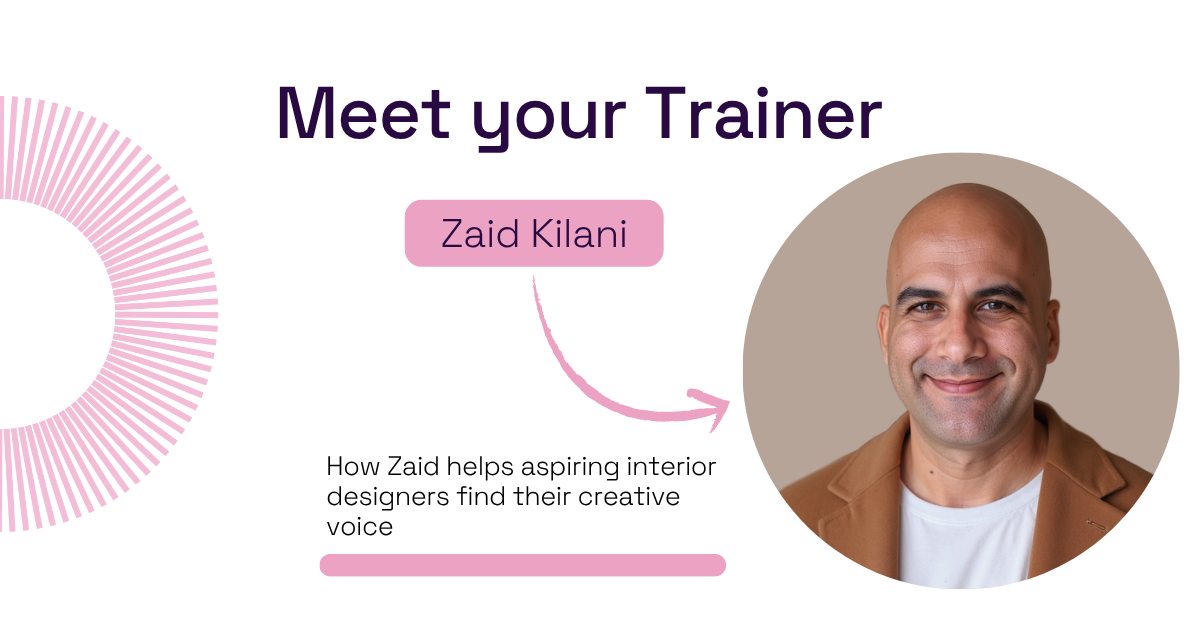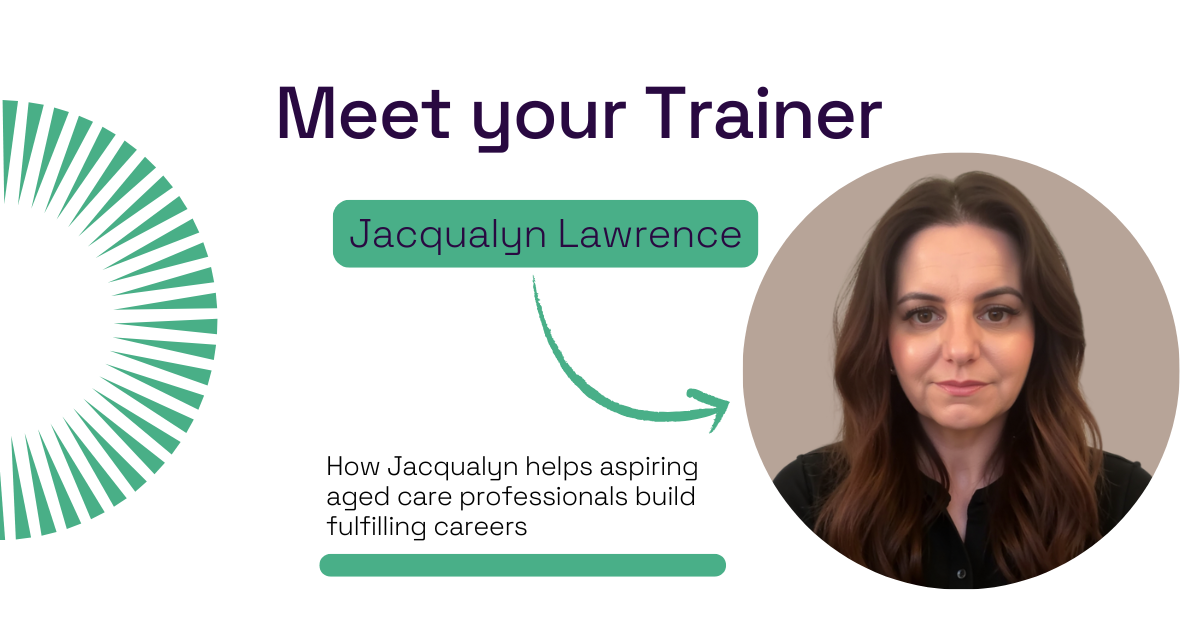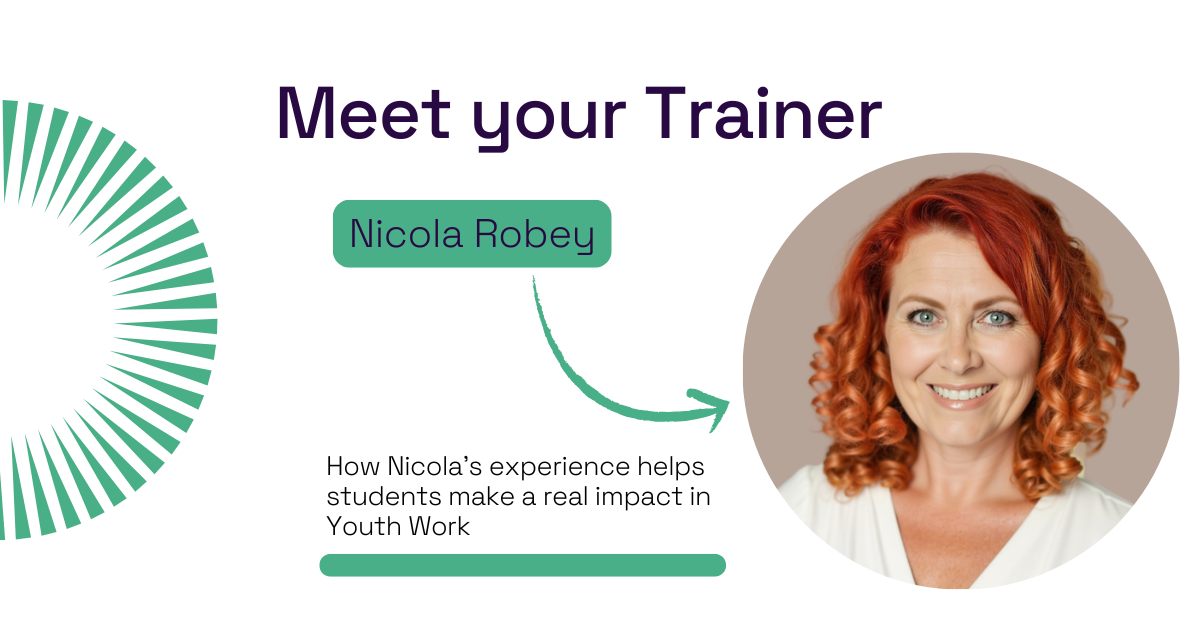Explore our collection of informative and educational blog posts to stay updated on the latest industry trends and expert advice.
The many benefits of lifelong learning

Do you consider yourself a lifelong learner?
We’re all lifelong learners in one way or another. But some of us can get a little comfortable and forget that in order to grow, we need to challenge ourselves. Change can be scary, but it ultimately leads to growth.
In this blog, we take a look at what lifelong learning is, how being a lifelong learner can benefit you, and how you can become a lifelong learner.
What is the meaning of ‘lifelong learning’?
When we say ‘lifelong learning’, we’re not strictly referring to formal or informal learning. Lifelong learning isn’t strictly limited to a certain time of your life or by a classroom.
Instead, lifelong learning is all about looking for opportunities where you can to improve yourself both professionally and personally – whether that’s through an online degree program, a short course or through learning from others.
Lifelong learning is about being resourceful, inquisitive and motivated enough to seek out these opportunities, wherever they may be.
A few examples of lifelong learning:
- Developing a new skill, such as coding or cooking.
- Learning a new activity, like learning how to paint or play touch footy.
- Finding out how to use new technology, for example, a new software program.
- Gaining new knowledge on a subject, such as researching a topic you’re interested in.
Why is it important to be a lifelong learner?
We’re all lifelong learners. Humans are naturally curious creatures, and exploring different areas of interest is natural to many of us.
However, some lifelong learners are more ambitious than others.
Some people are content to find a place where they’re comfortable and don’t have to stretch themselves too far on a regular basis.
However, if you’re the ambitious type and aren’t content to sit on your laurels, you need to become an enthusiastic lifelong learner in order to keep your skills sharp, hone your knowledge and continue to reach higher and higher.
Here’s what you can get out of being a lifelong learner:
1. Increased employability
Driven lifelong learners tend to have a versatile skillset, and this can help to make them more employable.
2. Above-average wage
With a versatile skillset, lifelong learners can negotiate for higher salaries.
3. A future-proofed career
Due to the rapid pace at which technology evolves, jobs that exist today may not exist in the next five, ten or twenty years. This is another benefit of lifelong learning, as it means you’re always one step ahead of industry trends.
4. Improved self-confidence
Lifelong learning is like a muscle – the more you work it, the stronger it becomes. In this case, the more skills you acquire and the more you continue to develop on a professional and personal level, the more your self-confidence will grow.
5. A sense of fulfillment
Whether it’s a budding hobby or a lifelong interest, looking for new ways to expand your skills and knowledge about something you find truly fascinating can help make you feel fulfilled. Through your studies, you could even meet like-minded people who share your interests.
Can you learn how to be a lifelong learner?
As we said before, we’re all lifelong learners. And lifelong learning isn’t so much a skill as an inherent trait. However, many people will find that once they begin to pursue opportunities for personal development and/or professional improvement it helps to boost their self-confidence and offers a sense of purpose. This means that they’re increasingly likely to seek out new opportunities for learning and growth as the benefits continue to compound.
So if you think you don’t have what it takes to become a lifelong learner, then think again. Your first step towards becoming a motivated lifelong learner is to simply find a topic you want to expand on and then dive right in.
How to make lifelong learning a part of your life
Adopting lifelong learning as a part of your life isn’t difficult. It really just involves commitment and motivation. And no matter what you think, you’re never too old to start learning something new!
It’s easy to get comfortable, especially when it comes to your professional life. But there are so many benefits to becoming a lifelong learner, on top of higher wages and increased employability, it makes sense to put the effort in.
Here are eight ways you can make a lifelong learning a part of your life:
1. Get organised
Make a list of things that interest you and the goals you want to achieve. Use this list to kickstart your lifelong learning journey. You can also use it to get a better understanding of how you want to achieve your goals.
2. Make learning your priority
There’s always an excuse not to do something, right? To not take the leap and push yourself, even if it’s something you’ve always wanted to try.
But if you don’t make learning your priority and find excuses not to expand your skillset, then you won’t be able to learn and grow.
Being a lifelong leaner isn’t about finding time to pursue your interests, but making time.
3. Listen to podcasts
Podcasts come in all shapes and sizes these days. Finding one that suits your interests shouldn’t be too difficult, and you can ingest this knowledge while you do other things – like exercising or cleaning the house. If you’re not sure where to start, trying Googling it or asking for recommendations on your socials. People love giving podcast recommendations, so you’re sure to find a few gems this way.
4. Read more books
If podcasts aren’t really your thing, then try picking up a book about a subject you want to learn more about. Find online reviews and recommendations from people who are interested in the same things to get an understanding of what your next read should be.
5. Follow people who inspire you
Have you ever heard the phrase, ‘Surround yourself with people who are smarter than you’? Whether it’s on Instagram or LinkedIn, follow influencers and thought leaders who inspire you and who’s advice you respect and trust.
Once you begin your learning journey, you may also find people who share similar interests to you who can introduce you to other people, or other areas of study you can pursue. Networking is an important part of the learning journey.
6. Find a job that will push you
If you’re feeling pretty stagnant in your current role, then maybe it’s time to explore new options that will allow you to grow, learn and collaborate with others.
7. Teach others
Teaching others – whether in a supervisor position at work, through an event, or by publishing your own blog or podcast – is a great way to continue being a lifelong learner as it re-enforces the knowledge you’ve already learned.
8. Study an online course
We’ve been hearing a lot about MOOCs (Massive Open Online Courses) lately. With remote learning become a necessity for many, and now a preference for many, an online degree program, qualification or short course is a great way to learn new skills and knowledge from the comfort of your own home.
OC offers a range of short courses as well as nationally recognised, accredited qualifications that can help you reach your goals.
Whether you want to study to progress in your career or because you want to pursue your passion project, check out our online courses to find one that’s right for you.








